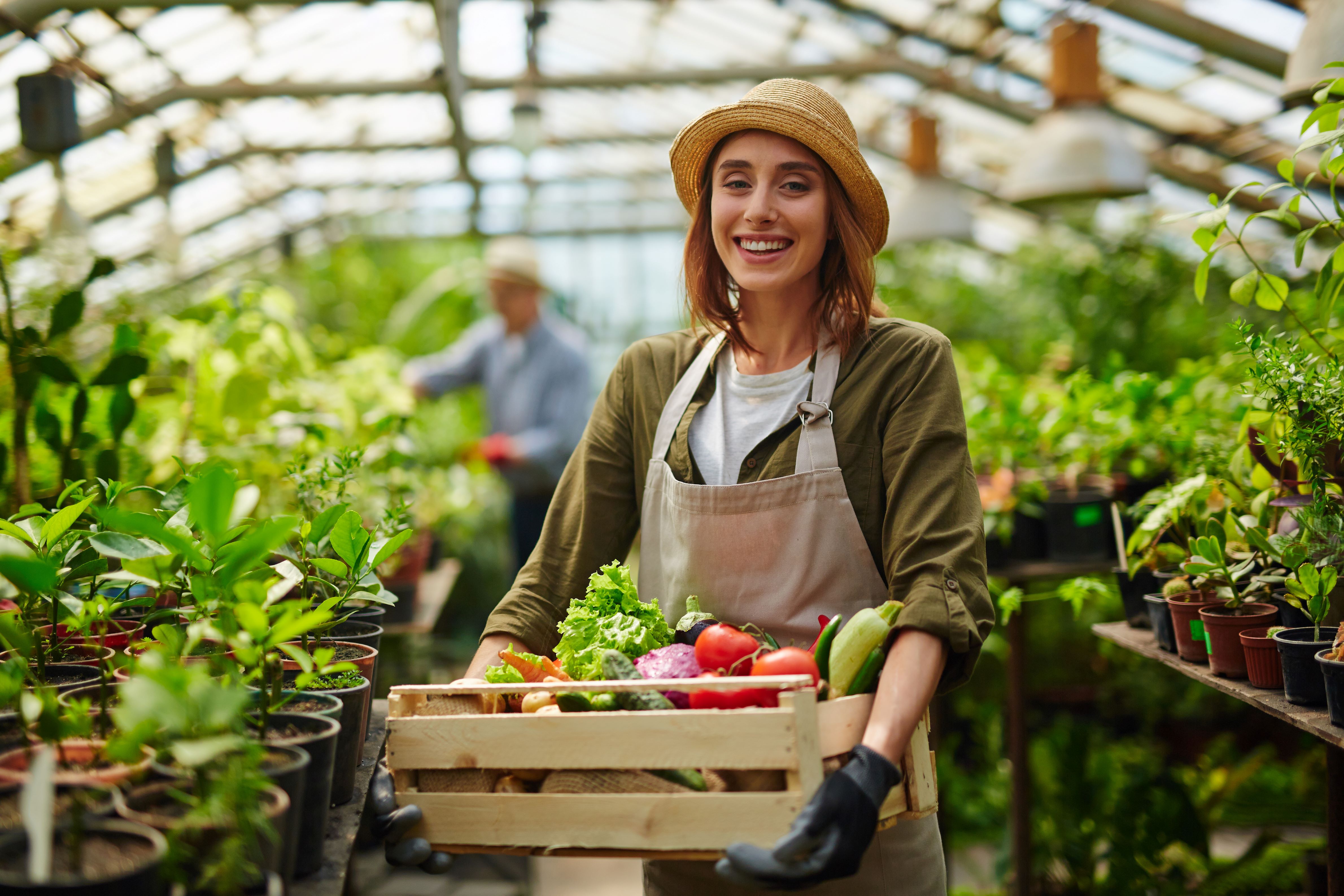
Farmers welcomed government clarity on new payment plans for the post-Brexit replacement of the EU’s common agricultural policy (CAP).
The plans will allow farmers to apply for government incentives called environmental land management schemes (ELMs), worth £2.4bn a year during this parliament.
The overhaul is meant to reward farmers for protecting nature and improving the environment, unlike the CAP, which provided incentives based mainly on the acreage they farmed, reports the Guardian.
Sustainability incentives
The payments are aimed at helping farmers to become more environmentally sustainable, use less insecticide and reduce pollution, while boosting yields and producing more food.
Applications for some of the payments will be staggered with some opening in February, with others to follow in March, and some being rolled out later in 2023 and in 2024.
Payments under the CAP system were worth about £3.5bn annually and were criticised as benefitting the wealthiest farms.
ELMs breakdown
The BBC reports that in England, ELMs will now comprise three payment schemes:
- The Sustainable Farming Incentive (SFI) focuses on soil health and reducing the use of ‘inputs’ such as fertilisers and insecticides
- The Landscape Recovery Scheme (LRS) will pay landowners for large-scale ‘rewilding’
- The Countryside Stewardship Plus Scheme (CSPS) will reward farmers for action to support climate change adaptation
Environment secretary, Thérèse Coffey, said farmers were at the heart of the economy, producing food but also being the custodians of the land.
“These two roles go hand-in-hand, and we are speeding up the roll out of our farming schemes so that everyone can be financially supported as they protect the planet while producing food more sustainably,” she said.
Welcome from farmers
Green farming groups gave proposals a cautious welcome, reports Business Green News.
The government said the update meant farmers and landowners were “now able to plan ahead with clarity on payments across both schemes in 2023 and 2024”.
National Farmers’ Union vice president, David Exwood, said the detail was “incredibly useful” and provided “some of the clarity we have been asking for”.
Martin Lines, chair of the Nature Friendly Farming Network, said it wasn’t perfect, but it was a start.
Farmers can choose which schemes they participate in and are not obliged to take part.
According to the FT, since 2017, however, EU-style subsidies to farmers in England have been reduced, posing a risk to farm finances.
So-called ‘direct payments’ from the EU based on land area made up 60% of farm net income before Brexit but have been slashed by at least 35%, with more cuts to follow.



